The UK Government have stipulated that some businesses must close due to the Coronavirus but also been very clear that other business must continue to limit the damage to the economy and indeed said that ecommerce is to be encouraged. However for those businesses that must close and indeed many who’s trade has collapsed, or can’t trade because workers can’t social distance, plus those who are unable to trade because suppliers are closed, the Chancellor, Rishi Sunak, has put in place a raft of Coronavirus Government assistance to help keep businesses afloat.
“During this time of unprecedented disruption, the UK Government is not asking all businesses to shut – indeed it is important for business to carry on. Only some non-essential shops and public venues have been asked to close – see more detailed information on the businesses and venues that must close, and those that are exempt.”
– UK Government
The sheer scale of the Coronavirus Government assistance offered by the government is astounding and it’s still being updated on an ongoing basis. Just today a new raft of finance was announced to support charities which is kicking off with £750 million funding with an additional fund raising day set for the 23rd of April with the Government pledging to match pound for pound every penny raised by the public.
Below is an up-to-date summary of the schemes available. We’re interested to know what assistance marketplace businesses are accessing and how easy the help is to get. Let us know in comments which schemes you have taken advantage of, which you intend to use, and which you have tried to access but either been unable to access the help or the conditions were too onerous to make the assistance worthwhile:
Coronavirus Government assistance
Self-employment Income Support Scheme
The Self-employment Income Support Scheme (SEISS) will support self-employed individuals (including members of partnerships) whose income has been negatively impacted by COVID-19. The scheme will provide a grant to self-employed individuals or partnerships, worth 80% of their profits up to a cap of £2,500 per month. You do NOT have to stop working in order to claim.
HMRC will use the average profits from tax returns in 2016-17, 2017-18 and 2018-19 to calculate the size of the grant. The scheme will be open to those where the majority of their income comes from self-employment and who have profits of less than £50,000. The scheme will be open for an initial three months with people able to make their first claim by the beginning of June.
Deferral of Self-Assessment payment
The Self- Assessment payment on account, that is ordinarily due to be paid to HMRC by 31 July 2020 may now be deferred until January 2021. The deferment is optional and any persons still able to pay their second self-assessment payment on account on 31 July 2020 should still do so. This is an automatic offer with no applications required. No penalties or interest for late payment will be charged if you defer payment of your July 2020 payment on account until January 2021.
VAT Deferral
All UK VAT-registered businesses are eligible to defer VAT payments due between 20 March 2020 and 30 June 2020. This is an automatic offer with no applications required. UK Registered businesses will not need to make VAT payments normally due with VAT returns during this period. Taxpayers will be given until 31st March 2021 to pay any liabilities that have accumulated during the deferral period. VAT refunds and reclaims will be paid by the government as normal.
If you pay by direct debit, cancel your direct debit with your bank if you are unable to pay.
Support for Businesses Paying Tax
All businesses and self-employed people in financial distress, and with outstanding tax liabilities, may be eligible to receive support with their tax affairs through HMRC’s Time To Pay service. These arrangements are agreed on a case-by-case basis and are tailored to individual circumstances and liabilities.
If you’ve missed, or are worried about missing, your next tax payment due to coronavirus, contact HMRC.
Coronavirus Job Retention Scheme
Under the Coronavirus Job Retention Scheme, all UK employers with a PAYE scheme that was created and started on or before 28 February 2020, will be able to access support to continue paying part of their employees’ salary for those that would otherwise have been laid off during this crisis.
This applies to employees who have been asked to stop working, but who are being kept on the pay roll, otherwise described as ‘furloughed workers’. HMRC will pay employers a grant worth 80% of an employee’s usual wage costs, up to £2,500 a month, plus the associated Employer National Insurance contributions and minimum automatic enrolment employer pension contributions on that subsidised wage. This is to safeguard workers from being made redundant.
The Coronavirus Job Retention Scheme will cover the cost of wages backdated to March 1st if applicable and is initially open for 3 months, but will be extended if necessary.
HMRC are working urgently to set up a system to pay these grants and are aiming to get it done before the end of April.
Statutory Sick Pay Rebate
Employees who follow advice to stay at home and who cannot work as a result will be eligible for statutory sick pay (SSP), even if they are not themselves sick. The Government will enable small and medium-sized businesses to reclaim Statutory Sick Pay (SSP) paid for staff sickness absence due to coronavirus. This refund will cover up to 2 weeks’ SSP per eligible employee who has been off work because of coronavirus.
Coronavirus Business Interruption Loan Scheme
The Coronavirus Business Interruption Loan Scheme (CBILS) supports small and medium-sized businesses, with an annual turnover of up to £45m, to access loans, overdrafts, invoice finance and asset finance of up to £5 million for up to six years.
When CBILS were first introduced, banks were ordered to offer regular finance first and were allowed to demand personal guarantees (apart from main residence) and rumour has it that interest rates weren’t that attractive. Rishi Sunak amended the policy saying that lenders would be banned from requesting personal guarantees for loans under £250,000 with the intention that all viable small businesses affected by Covid-19 can access finance under CBILS, not just those unable to secure regular commercial financing. He pretty much ordered banks to open the coffers and get the money rolling out reminding them that they themselves were bailed out not so long ago.
Small Business Grant Funding
The Government is providing additional funding for local authorities to support small businesses that already pay little or no business rates because of small business rate relief (SBRR), rural rate relief (RRR) and tapered relief. This will provide a one-off grant of £10,000 to eligible businesses to help meet their ongoing business costs.
Local authorities will be in touch with all eligible businesses (business based in England, in receipt of SBRR or RRR as of 11 March and a business that occupies property) to collect details to make payments.
Business Rates Holiday for Retail, Hospitality and Leisure
Businesses in the retail, hospitality and leisure sectors in England will not have to pay business rates for the 2020-21 tax year. There is no action needed. Local authorities will apply the business rates holiday to your bills.
Cash Grant for Retail, Hospitality and Leisure
Businesses in the retail, hospitality or leisure sector with a property that has a rateable value of £15,000 and under may be eligible for a grant of £10,000 per property.
Businesses in these sectors with a property that has a rateable value of over £15,000 and less than £51,000 may be eligible for a grant of £25,000 per property.
Eligible businesses will be contacted by their local authority, although some local authorities have decided to operate an applications process.
Coronavirus Large Business Interruption Loan Scheme
The new Coronavirus Large Business Interruption Loan Scheme (CLBILS) will provide a government guarantee of 80% to enable banks to make loans of up to £25m to firms with an annual turnover of between £45m and £500m. This will give banks the confidence to lend to many more businesses which are impacted by coronavirus. Facilities backed by a guarantee under CLBILS will be offered at commercial rates of interest.
Covid-19 Corporate Financing Facility
The new Covid-19 Corporate Financing Facility (CCFF) means that the Bank of England will buy short-term debt from larger companies. This will support companies which are fundamentally strong, but have been affected by a short-term funding squeeze. It will also support corporate finance markets overall and ease the supply of credit to all firms. Companies that make a material contribution to the UK economy are able to participate.
Business Rates Holiday for Nurseries
Nurseries in England do not have to pay business rates for the 2020-21 tax year. Properties that will benefit from the relief will be those occupied by providers on Ofsted’s Early Years Register and are wholly or mainly used for the provision of the Early Years Foundation Stage. There is no action needed. Local authorities will apply the business rates holiday to your bills.

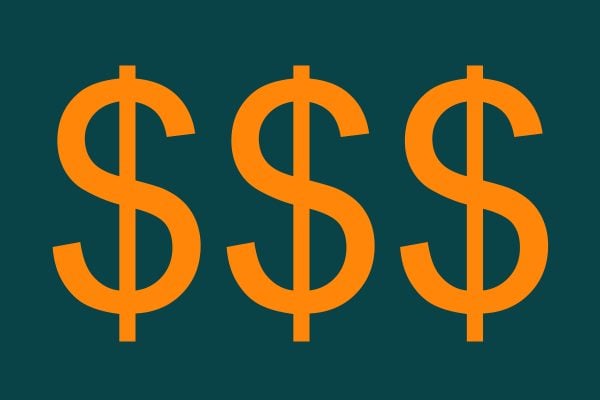
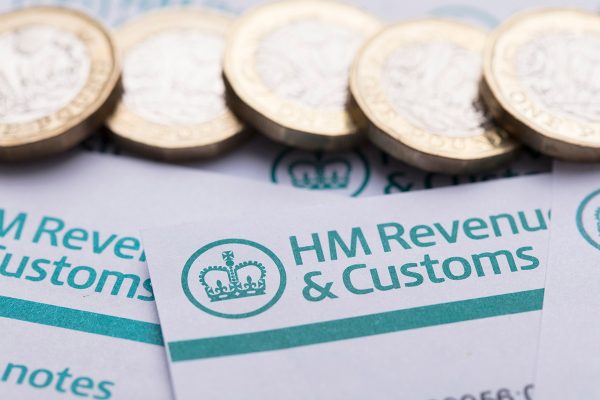
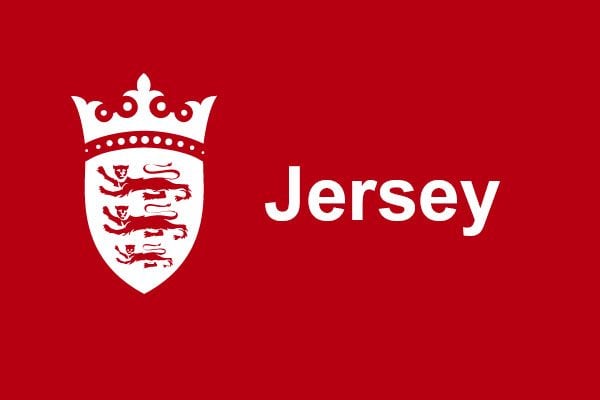
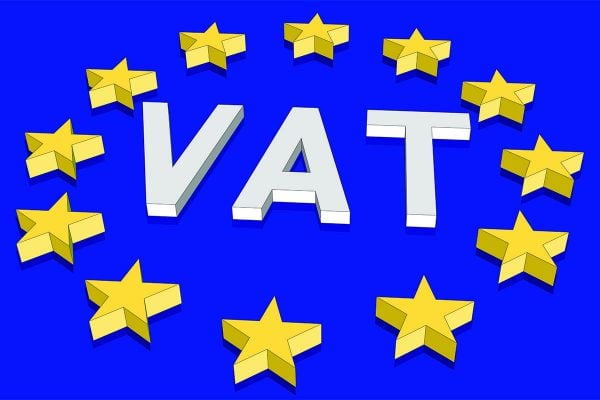
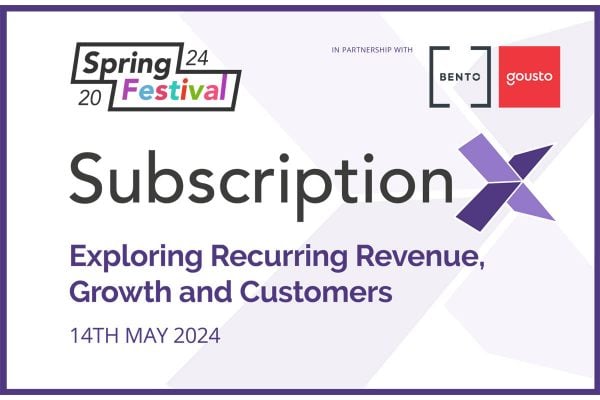
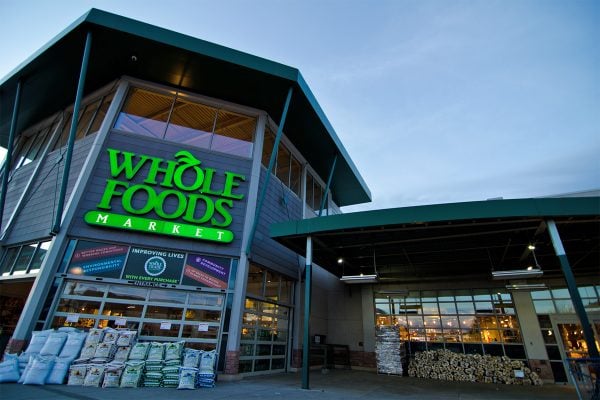
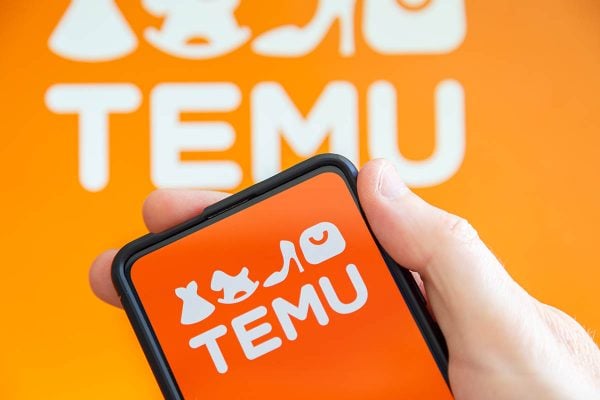
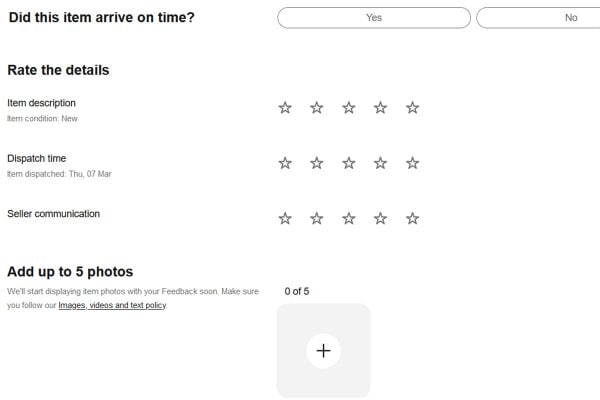
9 Responses
What about business’s such as ours, which is partly online (eBay, e-commerce website etc) and also part retail outlet. We have had to close the retail side of the business and are losing thousands in weekly sales. Ironically our business rates went up this month.. 🙁
How about taxing Chinese, been 10 years since we asked, now we got the virus and still the issue isnt a problem.
What make me LOL are the number of businesses pleading poverty in a very short time. What about putting back some of the profits you have taken out in the past and have stashed away as savings in whatever form? If you’ve spent it all already you really deserve all that’s coming.
That’s what we are doing. Prudence Entrepreneurs, prudence, not material vanity.
Premises rate have not been abolished they have gone up for us, we are losing thousands in retail sales, without any support, unlike the big boys. Councils are not passing on the funds to local businesses as they should be doing. That’s my complaint..
Were ok
But the point of these grants is that business
Can survive and get going again
Many of the business on our high st have not seen a penny
Yes they can borrow (possibly)but when are they going to trade or make anything to pay loans or overheads